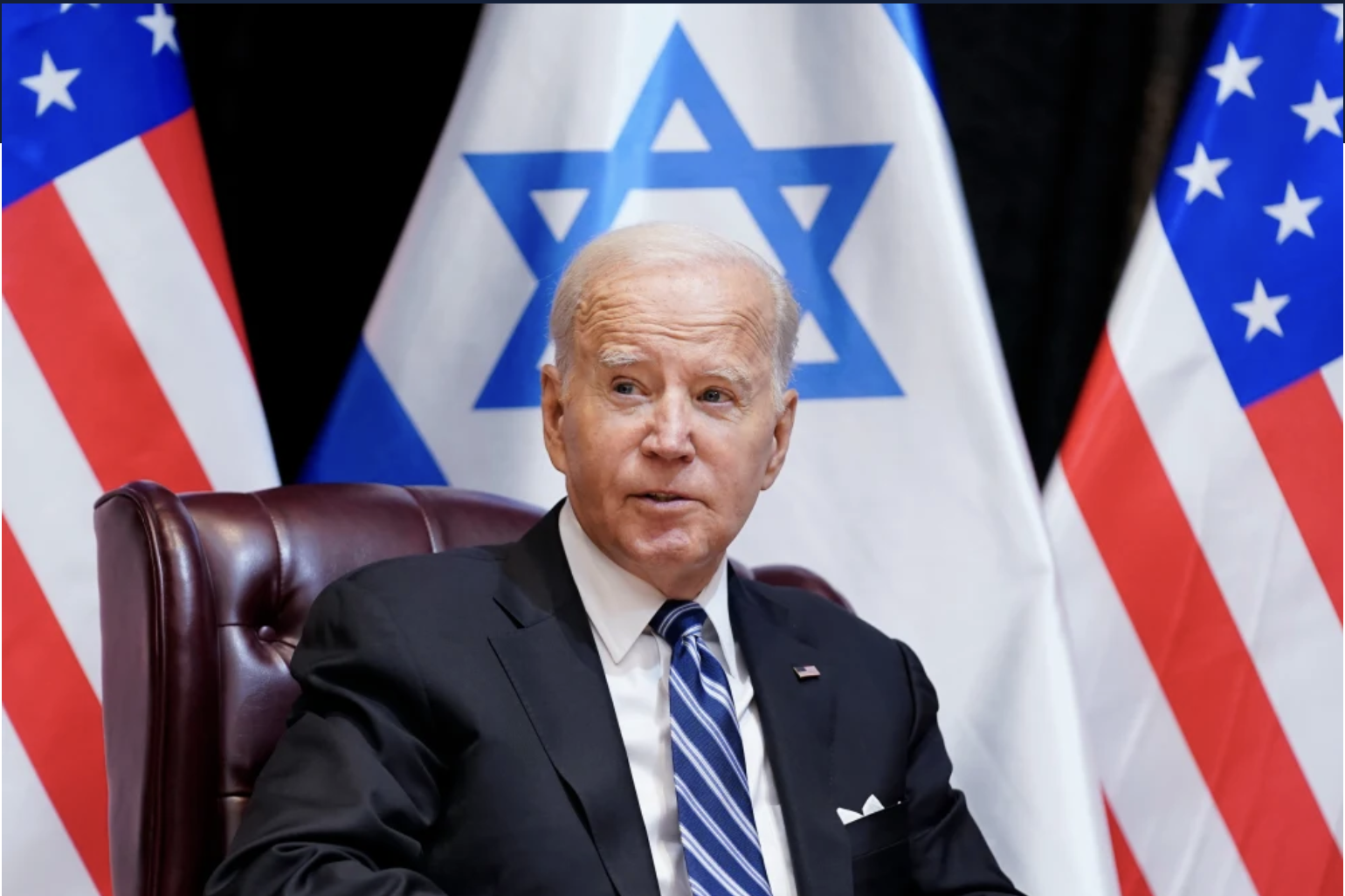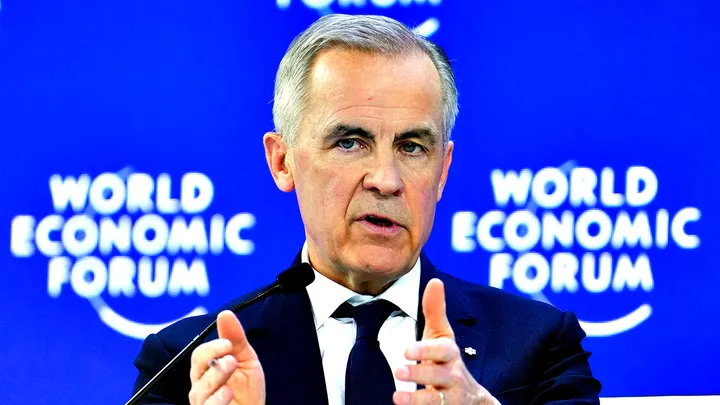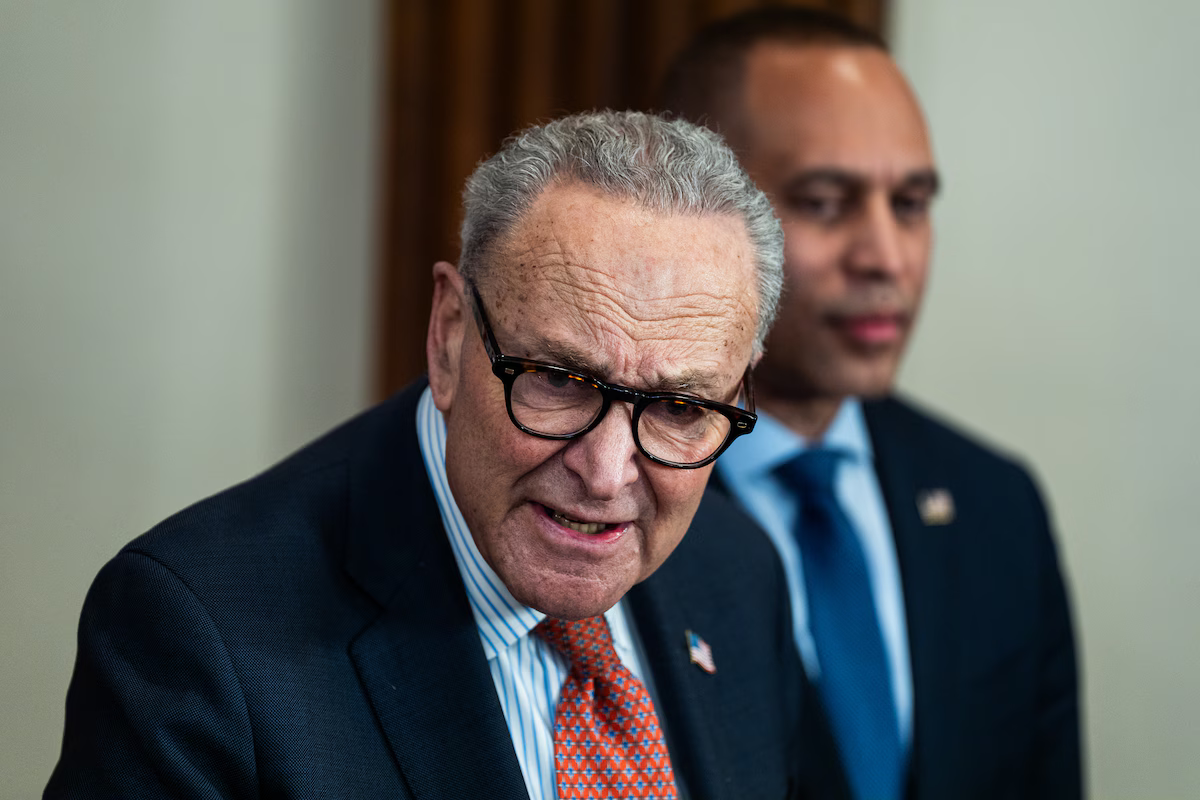Tensions between the United States and Israel reached new heights this week as American officials declared Israel had failed to meet critical humanitarian benchmarks in Gaza. The assessment comes at a pivotal moment, with Israel facing a looming U.S.-imposed deadline and increasing scrutiny over its handling of humanitarian aid deliveries.
Israel is Missing the Mark
Recent data reveals a significant gap between U.S. expectations and Israeli actions regarding aid delivery to Gaza. According to State Department spokesperson Matthew Miller, Israel has allowed an average of only 71 aid trucks per day to enter Gaza through October, falling far short of the 350-truck daily minimum demanded by U.S. officials. This shortfall comes despite explicit requirements outlined in a mid-October letter from Secretary of State Antony Blinken and Defense Secretary Lloyd Austin to Israeli leadership.
Aid organizations paint a grim picture of Gaza's humanitarian landscape, with the northern region bearing the brunt of supply shortages. Medical facilities struggle to maintain basic operations while food security plummets. The United Nations Relief and Works Agency's operations face new hurdles after Israel's termination of their cooperative agreement, a move that threatens to further destabilize aid distribution networks.
Miller emphasized that while Israeli authorities have made minor adjustments to aid protocols, these changes barely scratch the surface of what's needed. The current situation stands in stark contrast to previous aid flows – before the conflict escalated, Gaza received an average of 500 trucks daily. This dramatic reduction has left humanitarian organizations scrambling to meet even basic needs across the territory.
Building Pressure
The U.S. evaluation arrives amid escalating international concern over Gaza's humanitarian crisis. The assessment follows weeks of diplomatic efforts to increase aid flow into the territory, including high-level negotiations and public statements from American officials. While some marginal improvements have been noted, the Biden administration maintains that these changes fall significantly short of addressing the crisis's scale.
The administration's criticism carries particular weight given the current context of regional tensions. Recent events, including Iranian missile strikes and reported incidents involving UN peacekeepers, have heightened the complexity of humanitarian operations in the area. These developments have added urgency to U.S. demands for improved aid access, as international organizations warn of imminent threats from disease and malnutrition facing Gaza's civilian population.
UNICEF has raised particular concern about children in northern Gaza, where access to basic necessities has become increasingly restricted. The organization reports that without immediate intervention, the region faces an unprecedented humanitarian emergency. Their assessment aligns with broader UN findings that highlight the deteriorating conditions across the territory.
Moving Forward
With the U.S. presidential election approaching, the Biden administration walks a tightrope between maintaining its support for Israel and responding to mounting humanitarian concerns. Military assistance hangs in the balance as Israel approaches its deadline for compliance. The situation has sparked heated debate in battleground states, where both Jewish voters and Arab American communities watch developments closely.
The administration's demands extend beyond just increasing aid truck numbers. U.S. officials have called for expedited clearance procedures at entry points, increased numbers of vetted delivery drivers, and guaranteed humanitarian access to northern Gaza. These requirements form part of a comprehensive approach to addressing the crisis, though progress remains limited across all metrics.
International observers note that Israel's response to these demands could set important precedents for humanitarian access in conflict zones. The UN Security Council has taken up the matter, with several member states echoing U.S. concerns about aid restrictions. Recent meetings have highlighted the growing international consensus on the need for immediate action to address Gaza's humanitarian crisis.
As the deadline approaches, attention focuses on whether Israel will implement substantial changes to its aid policies. The coming days may prove crucial in determining whether increased pressure from the United States will catalyze meaningful improvements in aid delivery to Gaza, potentially reshaping how humanitarian considerations factor into the broader U.S.-Israel relationship.















Discussion